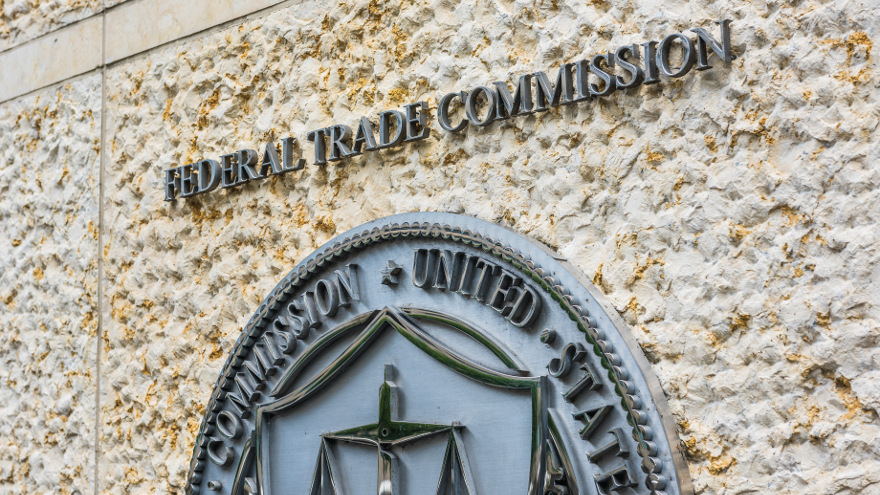FTC charges Experian with spamming consumers

By subscribing, you agree to receive communications from Auto Remarketing and our partners in accordance with our Privacy Policy. We may share your information with select partners and sponsors who may contact you about their products and services. You may unsubscribe at any time.
Experian received a potential six-figure fine from the Federal Trade Commission on Monday.
According to a news release, the FTC will require Experian Consumer Services, which offers consumers access to their Experian credit information, to pay $650,000 to settle charges it sent consumers unsolicited email without offering them a way to opt out of such messages, as required under the CAN-SPAM Act.
Officials said the order must be approved by a federal court before it can go into effect.
In a complaint filed by the Department of Justice on behalf of the FTC, the regulator said that California-based Experian Consumer Services (ECS), also known as ConsumerInfo.com, Inc., spammed consumers with marketing offers after they signed up for an account with the company in order to manage their Experian credit report information.
In the emails, the FTC said the company failed to provide clear and conspicuous notice of consumers’ ability to opt out of receiving additional marketing messages and a mechanism for doing so, in violation of the CAN-SPAM Act, according to the complaint.
The FTC noted that consumers who wish to freeze or take other steps to manage their Experian credit information online must create an account with ECS. The complaint charged that consumers who signed up for a free membership account with ECS were then sent emails promoting Experian’s products and services such as one touting Experian Boost, which promotes ways for consumers to boost their credit scores, and another that offers a free “Dark Web” scan.
Subscribe to Auto Remarketing to stay informed and stay ahead.
By subscribing, you agree to receive communications from Auto Remarketing and our partners in accordance with our Privacy Policy. We may share your information with select partners and sponsors who may contact you about their products and services. You may unsubscribe at any time.
But the emails did not contain an unsubscribe link consumers could use to keep from receiving even more marketing emails, according to the FTC.
Officials also mentioned Experian includes a notice at the bottom of these emails informing recipients that they are receiving the messages because they “contain important information about your account.”
Contrary to Experian’s claims, however, the complaint charged that the emails are not related to consumers’ accounts and instead market or promote products and services. Therefore, the emails must provide consumers with a way to unsubscribe from receiving future messages, according to the FTC.
In addition to the $650,000 penalty, the proposed order prohibits ECS from sending marketing emails that fail to offer a mechanism to opt out of such messages.
The FTC voted 3-0 to refer the complaint and stipulated final order to the Department of Justice for filing. The DOJ filed the complaint and proposed stipulated order in the U.S. District Court for the Central District of California.
“Signing up for a membership doesn’t mean you’re signing up for unwanted email, especially when all you’re trying to do is freeze your credit to protect your identity,” said Samuel Levine, director of the FTC’s Bureau of Consumer Protection. “You always have the right to unsubscribe from marketing messages, and the FTC takes enforcing that right seriously.”


